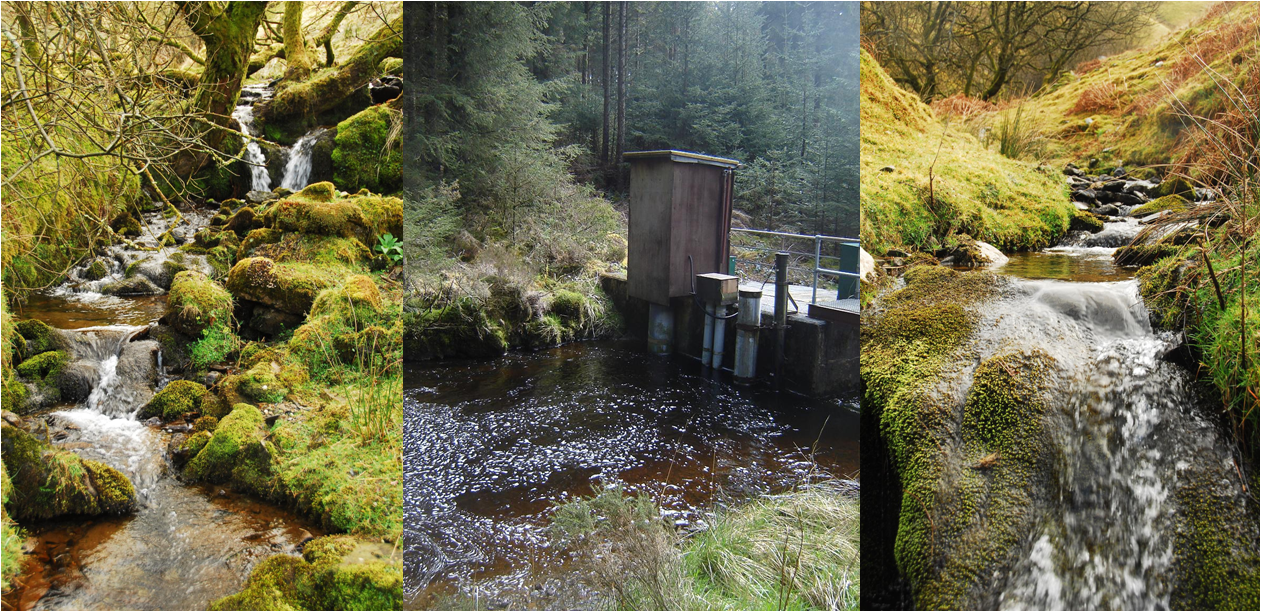DURESS
Diversity in Upland Rivers for Ecosystem Service Sustainability
1st May 2012 to 30th June 2016 (extended)
To address the overarching hypothesis that Biodiversity is central to the sustainable delivery of upland river ecosystem services under changing land-use and climate we ask: 1. What is the range of services delivered by upland rivers, and which are biologically mediated? 2. What are the links between biodiversity (from genes to food webs) and service delivery? 3. How does river biodiversity affect the rate or resilience of ecosystem service delivery through time? 4. How do changes in catchment land use/ management and climate affect river biota? 5. How should river biodiversity be managed to sustain ecosystem services? At spatial scales ranging from small experimental catchments to the whole region, and at temporal scales from sub-annual to over three decades, the work will be carried out in upland Wales as a well-defined geographical area of the UK that is particularly rich in the spatially extensive and long-term data required for the project.

Lancaster is responsible for the hydrological instrumentation, monitoring and interpretation of five upland micro-basins near Llyn Brianne and for Work Package 4 the time-series modelling of DURESS data-sets from across upland Wales. In the latter component we will work closely with DURESS partner Welsh Water (Dŵr Cymru)
Funding sources
Natural Environent Research Council (EAA7162)
Investigators
DURESS is a consortium involving teams from Aberystwyth University, APEM Ltd, Bangor University, Cardiff University, British Trust for Ornithology (BTO), Centre for Ecology & Hydrology (CEH), Forest Research (Forestry Commission), Lancaster University, Public Heath Wales (Iechyd Cyhoeddus Cymru) & Queen Mary University of London
LEC Team : Nick A Chappell (PI), Keith Beven, John Quinton, Ben Surridge, Wlodek Tych, PDRA1 & PDRA2
